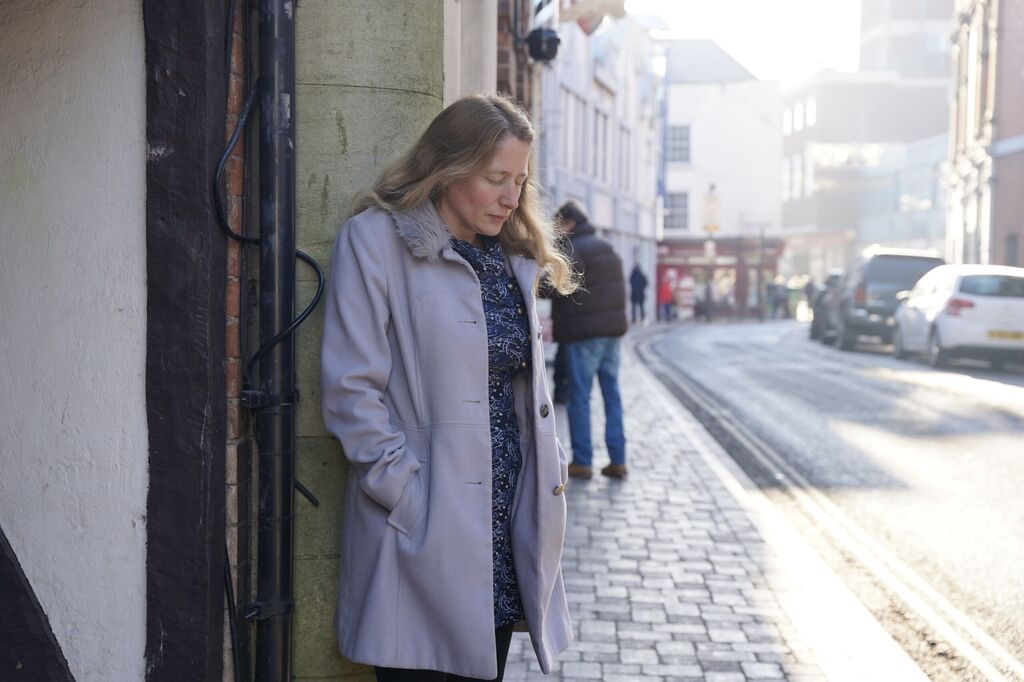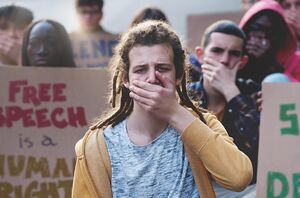Freedom of Speech
Pro-Life charity worker arrested AGAIN for silent prayer

"It is deeply concerning that the basic rights of freedom of thought, peaceful expression, and individual liberty are even up for debate."
Pro-life charity worker Isabel Vaughan-Spruce has been arrested for the second time for the 'offence' of praying silently in an abortion facility 'buffer zone' in Birmingham.
The arrest, which was attended by six officers, comes just a few weeks after she was found not guilty by Birmingham Magistrates' Court.
Ms Vaughan-Spruce's appearance in court came after her first arrest for silent prayer and she was criminally charged on the basis that her prayer amounted to 'intimidation'.
The prosecution could not provide enough evidence to substantiate the 'thoughtcrime' and so Isabel won her case.
Supported by ADF UK, commenting on her second arrest, Isabel said:
Only three weeks ago, it was made clear by the court that my silent prayers were not a crime. And yet, again, I have been arrested and treated as a criminal for having the exact same thoughts in my head, in the same location. The ambiguity of laws that limit free expression and thought – even in peaceful, consensual conversation or in silent, internal prayer – leads to abject confusion, to the detriment of important fundamental rights. Nobody should be criminalised for their thoughts.
MPs prepare to debate buffer zone law
Her arrest comes as MPs prepare to debate the possible roll out of a nationwide (England and Wales) buffer zone policy.
Clause 10 of the Public Order Bill would criminalise any form of 'influencing' outside abortion clinics and facilities. This would include silent prayer or consensual, peaceful conversations.
Andrew Lewer MP has proposed an amendment to the bill which would grant an exemption for silent prayer and consensual conversations.
MPs could vote on this amendment later today (Tuesday, 7 March 2023).
ADF UK's Jeremiah Igunnubole, said:
MPs will for the first time in Modern British history be able to vote to make it abundantly clear that there is no room for “thoughtcrime” in modern UK law. It is deeply concerning that the basic rights of freedom of thought, peaceful expression, and individual liberty are even up for debate. This isn’t 1984, but 2023 – nobody should be criminalised for their thoughts, for their prayers, and for a consensual conversation on a public street.
Share
